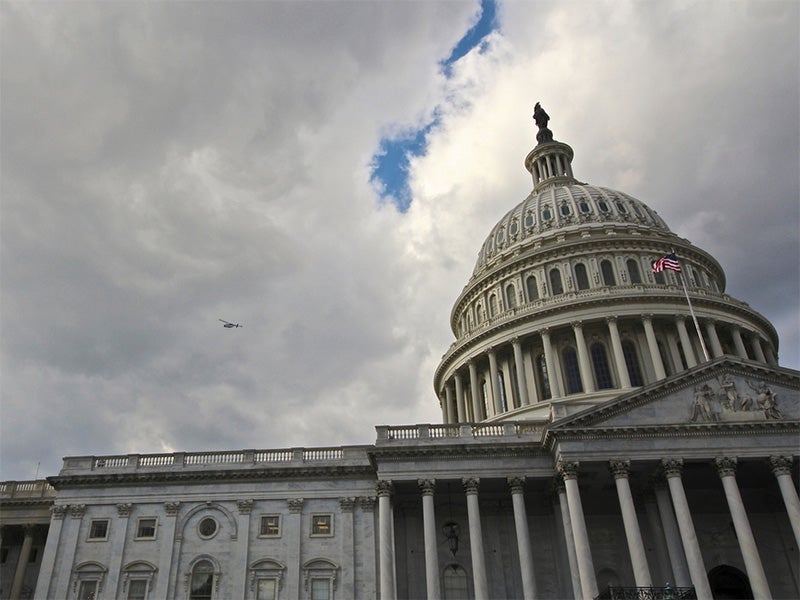Oceans Law Reauthorization Process Begins
Congress is currently beginning the process of updating the most important oceans law in the United States, the Magnuson-Stevens Fishery Conservation and Management Act (MSA), originally enacted in 1976

This page was published 11 years ago. Find the latest on Earthjustice’s work.
Legislation nicknamed as "The Empty Oceans Act"—because it threatens protections for marine species—is the first attempt by Congress to update this nation's most important oceans law, the Magnuson-Stevens Fishery Conservation and Management Act.
Created in 1976, the law regulates commercial and recreational salt water fisheries in ocean waters controlled by the United States (3–200 miles offshore). The law has dual purposes, to promote the fishing industry in U.S. territorial waters and to conserve fishery resources. These dual goals make this law tricky to enforce, though the conservation side of the equation has gained strength since the act was updated in 2006.
For the most part, conservation organizations believe the law works, when fully enforced, and does not require a major overhaul.
Industry groups, however, seek to rewrite the law in a way that offers more “flexibility” (read: less enforceability.) One proposal would allow regional fishery management councils to set their own timelines for rebuilding stocks, while considering the economic impact on fishing communities in their region. As a result, short term commerce gain would trump conservation, exactly the old system that led to depleted fish stocks and the need for the Act in the first place.
The first crack at reauthorization came from the House Natural Resources Committee, which passed H.R. 4742 on May 29, 2014. This bill was introduced by Chairman Doc Hastings (R-Wash.) The “Empty Oceans Act” (as it has come to be known) passed out of committee on a mostly party-line vote 24-17. The bill is expected to be voted on by the full House soon.
Ocean conservation groups objected to the fact that H.R. 4842 is taking aim at the very measures contained in the MSA that have led to the success we have seen in restoring our fisheries—deadlines for rebuilding overfished stocks, and science-based annual catch limits. Like most of the bills passed out of Chairman Hasting’s committee, the “Empty Oceans Act” would also runs roughshod over the Endangered Species Act, the National Environmental Policy Act, the National Marine Sanctuaries Act and the Antiquities Act.
As the reauthorization debate moves forward, ocean groups will point that conservation must be part of the discussion. With advancing science, we know much more about the ocean that we did in 1976. For example:
- Some fishing practices, like bottom trawling, destroy ocean habitat. While they may be profitable in the short term, the practice is horribly destructive for fish habitat.
- Protecting areas where fish reproduce can help provide a sustainable fish harvest for future generations. Federal agencies must minimize activities that damage essential fish habitat.
- We must manage our ocean to balance any potential economic impacts on fishermen with the goal of creating a sustainable fishery.
- Fishery managers should focus on protecting the overall health of marine ecosystems.
The House will soon vote on the Hastings bill. Meanwhile Senators Mark Begich (D-AK) and Marco Rubio (R-FL) are expected to introduce their own reauthorization bill sometime this summer.
Established in 1989, Earthjustice's Policy & Legislation team works with champions in Congress to craft legislation that supports and extends our legal gains.